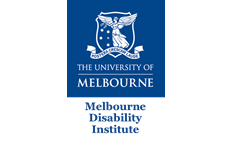Publications
-
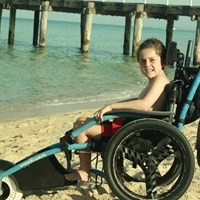
Implications of providing wrist-hand orthoses for children with cerebral palsy
This randomised control trial has provided detailed data about short- and long-term effects of the wrist-hand orthosis and highlighted challenges in conducting large randomised controlled trials with this population.
-
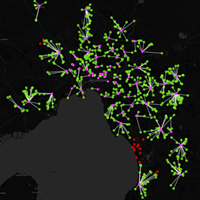
How far from community gyms do young people with cerebral palsy live?
Yeshna Bhowon, a PhD student at La Trobe University working with CP Achieve’s Professor Nora Shields, did a study to find out how far council-owned community gyms were for young people with cerebral palsy aged 13 to 30 years living in metropolitan Melbourne.
-
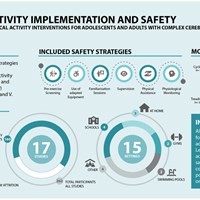
Community-based physical activity interventions for adolescents and adults with complex cerebral palsy: A scoping review
Professor Prue Morgan and a team of CP-Achieve researchers conducted a review of exercise programs for teenagers and young adults with complex forms of cerebral palsy. Their goal was to identify ways that exercise programs were delivered to this population (‘implementation strategies’) and assess the safety of the programs.
-
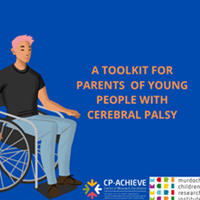
Mental Health Toolkit for Parents and Carers of people with Cerebral Palsy: Identifying early signs of mental ill-health
Researchers from CP-Achieve at Murdoch Children's Research Institute have created a mental health booklet for parents and carers of people with cerebral palsy
-
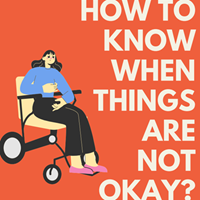
How to know when things are not okay? A guide for young people with cerebral palsy to help recognise signs of mental health problems
Researchers from CP-Achieve at Murdoch Children's Research Institute have created a booklet for people with cerebral palsy to help recognise some of the early signs and symptoms of a mental health problem
-

Epidemiology of scoliosis in cerebral palsy: A population-based study at skeletal maturity
Researchers from the Murdoch Children's Research Institute, the University of Melbourne and the Royal Children's Hospital, Melbourne have published a landmark paper on the epidemiology of scoliosis in young adults with cerebral palsy. This one the largest studies of it's kind and has the longest follow up, of any study to date.
-
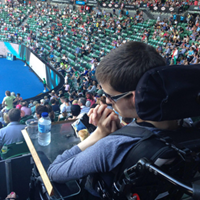
Mapping the focus of research conducted with adults with cerebral palsy: an overview of systematic reviews
-

Addressing mental health problems in Australians with cerebral palsy: a need for specialist mental health services
Every Australian has the right to healthcare but not every Australian has access to the right healthcare. Mental health problems are common in Australia but there are very few mental health services for people with cerebral palsy.
-
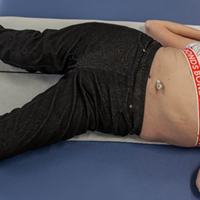
Progression of Postural Asymmetry in Young Adults With Cerebral Palsy Who Are Not Walking: An Exploratory Study
Many adults with cerebral palsy who are reliant on wheelchairs for mobility experience significant changes to their muscles and joints over time
-
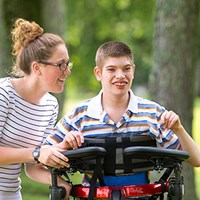
Epidemiology of scoliosis in cerebral palsy: A population-based study at skeletal maturity
Researchers found strong links between a child’s walking ability and their risk of developing scoliosis
A full list of CP-Achieve publications to date can be found here










